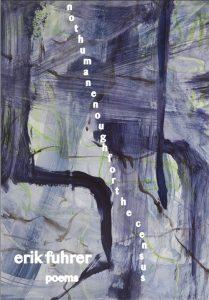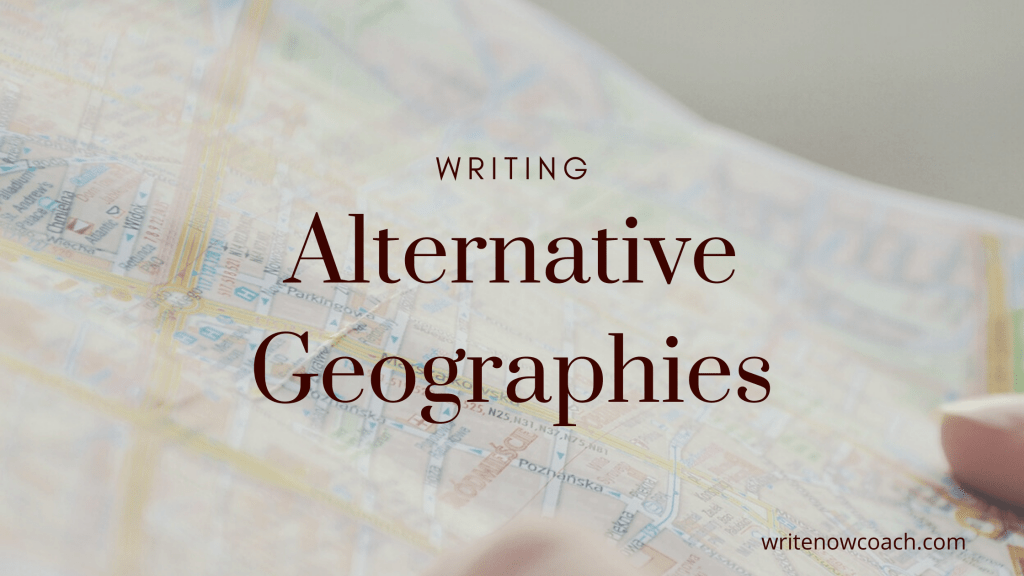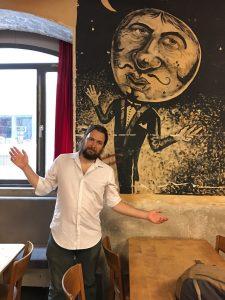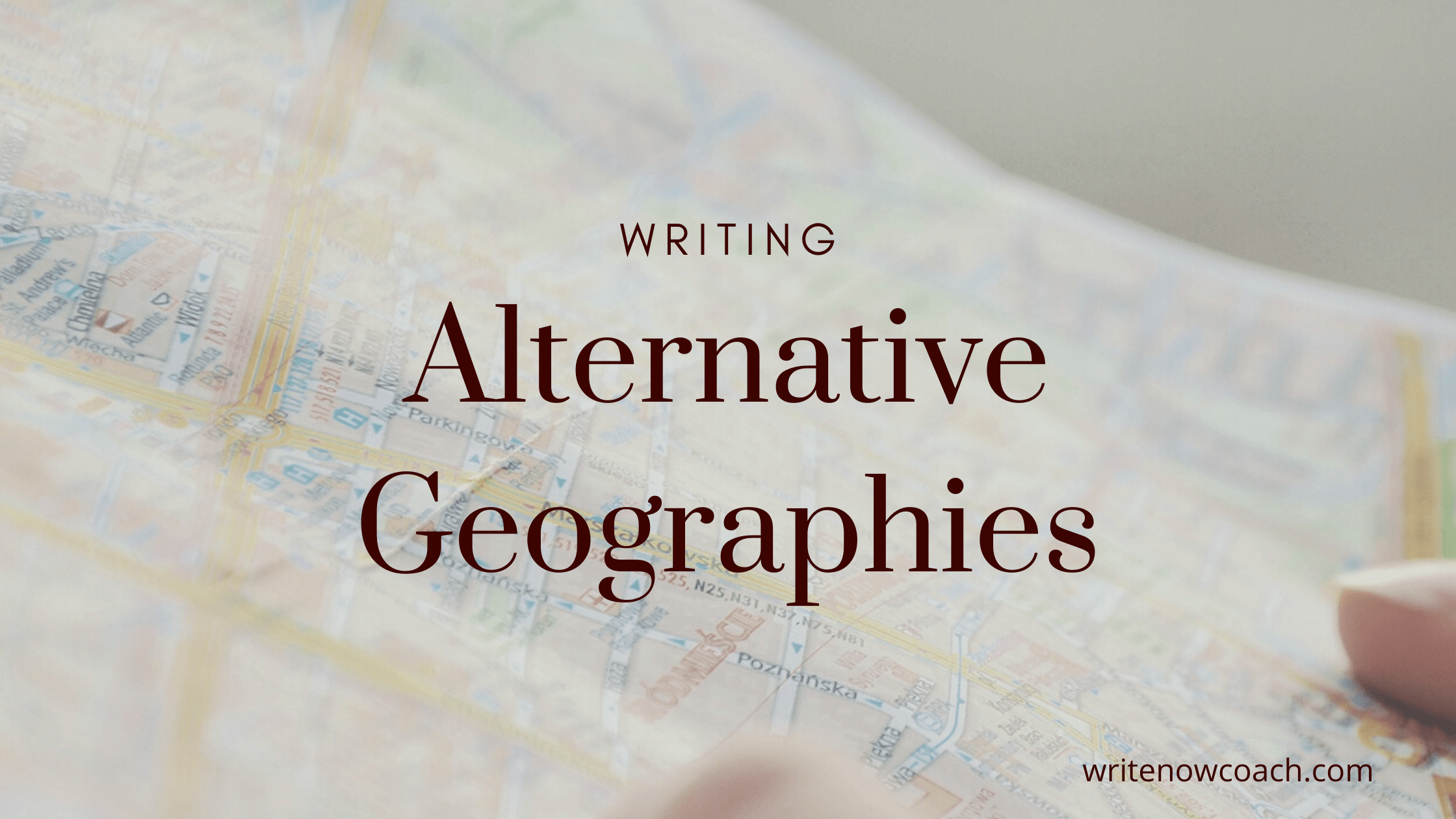Writing Alternative Geographies
June 30, 2020
Note From Rochelle
 Dear Writers,
Dear Writers,
I’m delighted to welcome poet and writing teacher Erik Fuhrer back to the blog. A few months ago, he wrote a post about writing poetry during the pandemic. He’s the author of four books of poetry including, not human enough for the census. Today he has a writing prompt for you.
Happy writing!
Rochelle

Writing Alternative Geographies
by Erik Fuhrer
The old adage is that one should write what one knows. Though that’s good advice, it’s limiting. It also brings up an interesting question: what does it mean to “know” something? How many times would one have to visit Paris in order to “know” it? Is it even possible to “know” a city so vast and complex? Many of us, write about places that we do not ourselves occupy, using our imaginations and research to fill the gaps.
This prompt will flex those world creation skills by asking you to imagine alternative geographies for yourself to live in. This is not only an exercise in creating setting, but an exploration of character development as well. It can be used to brainstorm the beginning of a novel, or to more deeply entrench an already developed character in their environment.
Quick Write (30 seconds)
If you could live in any other region of the world, where would it be?
Research
Research the region from multiple, diverse different sources, so you are getting a full picture of the area. Be careful not to accidentally exotify or stereotype the region when you start to answer questions like those below.
- What is the climate like?
- What is the culture like?
- What languages are spoken in this region?
Reflect
How would your daily habits change living in this area? Continue to be careful not to exotify or stereotype the region when starting to flesh out how you might occupy this space differently than the one you currently live in.
- How might your writing habits change?
- What might you do in your spare time?
- What might you wear?
Create
Now you are ready to create a short imagined narrative about living in this region. How will you introduce this region you are writing about? How will you install yourself into the space? This narrative does not have to be full prose: it can be a list, a sketch, a drawing, whatever helps you begin to generate the seed of a story.
Looking Forward
Now that you have performed research, and thought about how seemingly small changes in geography might alter personal habits and character development, it’s time to turn the focus to your personal writing project.
If you are stuck on how to begin a project, then tweak the brainstorm a bit by choosing a character (name, where they are from, and 2 things about them). Try to keep this first step short, no longer than a minute or two, so that you don’t end up overthinking the character (if you end up not liking the character, you can always do this exercise again). Once you have that, you can move onto the research page and begin further building the character
If you already have a character, try keeping to the prompt of imagining a new geography for the character. Even if you don’t intend on ever removing the character from the setting they are currently in in your work in progress, placing them in a new setting may help you learning new things about your character and how they operate in the world.
Whether you are just beginning, or stuck, this prompt can help you get jumpstarted. Good luck on your writing projects!

About the Author: Erik Fuhrer is the author of 4 books of poetry, including not human enough for the census (Vegetarian Alcoholic Press). His 5th book, in which I take myself hostage, is forthcoming from Spuyten Duyvil Press at the end of this year. He was most recently assistant director of The University of Iowa’s Center for Teaching and has taught writing, literature, and creative writing at The University of Notre Dame, St. John’s University, and others. He can be found at www.erik-fuhrer.com.









